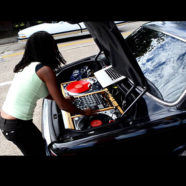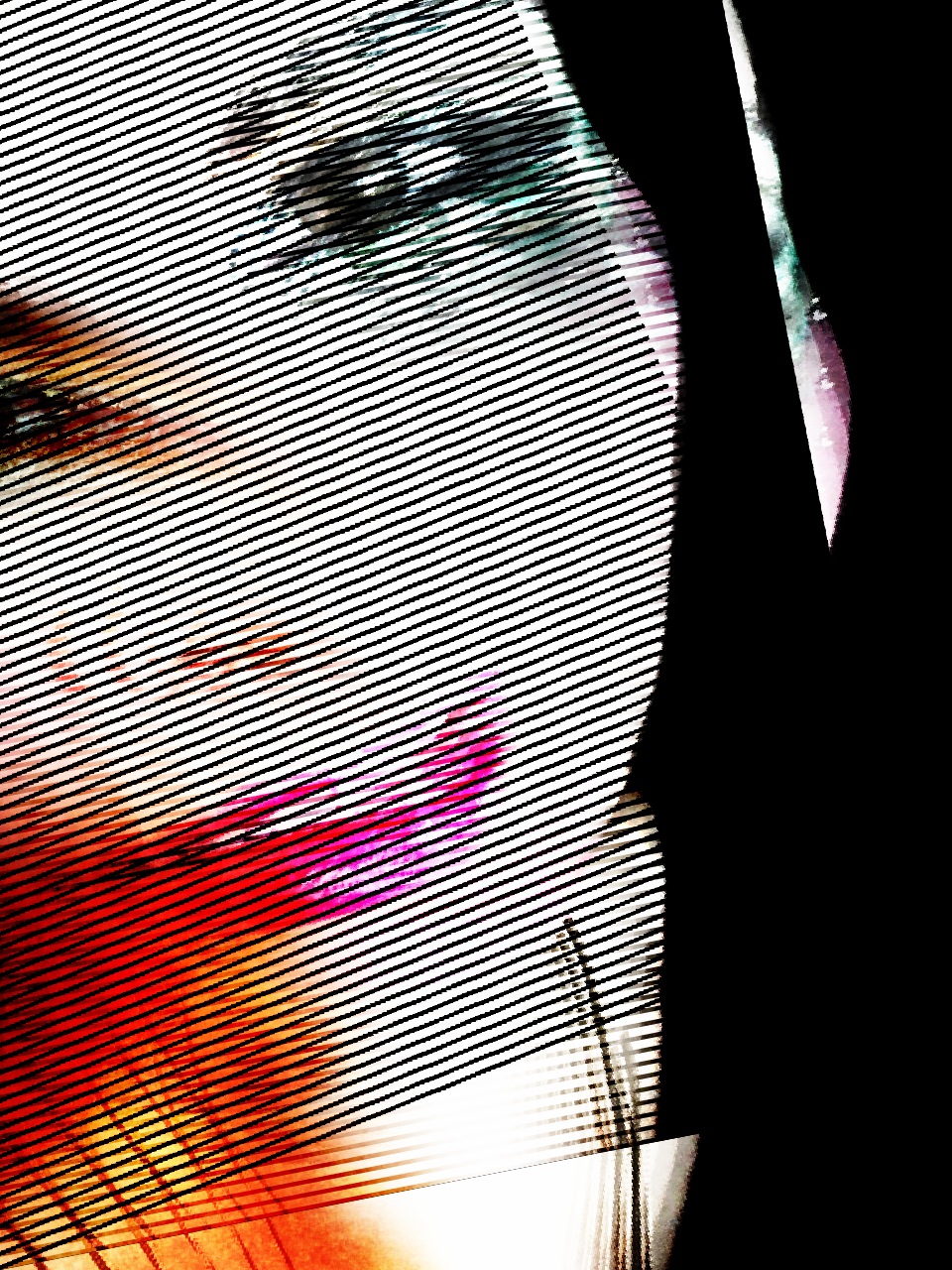Toeing the Line With the Old Guard: DJ Mag’s 25 Year Anniversary Fail
DJ Mag, a monthly British publication featuring electronic music and DJs has come under fire recently for their 25 year anniversary special featuring 25 pioneers of dance music of the last quarter century, where not one woman was deemed worthy of inclusion. It’s not very surprising coming from a magazine that holds reader poll based top 100 DJ contests where year after year less than a handful of women ever make the cut. But this anniversary feature was not poll based. It was fully in the hands of the editors to decide. You would think that a magazine that touts itself as the “global voice of dance music” would be a bit more inclusive to women instead of playing up the brofest sausage party. Sadly, this was not the case, although hurried apologies and promises to do better next time have been issued, in a feeble attempt to fix what in hindsight has been called a bad PR move by the magazine.
Here was a great opportunity to be cultural innovators and use their voice to bring attention to the contributions of women, but they dropped the ball, or maybe they never actually picked it up. How many times throughout history have tallies and lists been made of pioneers in art, music, science or any other field of study that have systematically excluded women? This is why it’s called history, and not herstory. Women have been doing the work alright, but have been consistently relegated to the shadows of pop culture by false positives like DJ Mags top 25 list. The fact is that DJ Mag is not enough of a pioneer itself to address the issues of inequality within the music industry that would help to propel it toward the status of authority that it claims to be. With this feature, they are simply perpetuating the status quo, and showcasing an ignorant mentality that should hardly consider itself representative of a global voice in the ever evolving world of dance music.
In a follow up response piece to the backlash against the feature, the editor of DJ Mag, Carl Loben, admits maybe there is a problem with their criteria for inclusion, which requires a DJ or producer to have been featured on their cover within the last 25 years and “have pioneered something that has changed the landscape of the scene within the last quarter of a century.” Maybe the difficulty with meeting these criteria comes with the fact that women are rarely featured on their cover– or with their definition of pioneer. In any case, women who have made the cover are obviously not considered worthy enough to stand up to the big boys, although it’s certainly not because they aren’t out there changing the landscape of the scene and being pioneers, in often times hostile environments. DJ Mag’s retrospective shows a history of excluding female artists, which had unintended effect of being spotlighted via their top 25 selection process. This is a reflection of the inner workings of a broader culture of misogyny. All too often, the work of women is devalued across the board, and so the outcome is that they are passed over for the magazine cover, for the promotion, for the feature, for the very recognition that their hard won achievements should afford them. DJ Mag is perpetuating sexism in the industry by not recognizing the accomplishments of female electronic artists in general, and then in this case tossing aside the strides they’ve made in spite of the many challenges they’ve faced in the quite male dominated music industry.
Their response to the outcry against their top 25 list reeks of gatekeeper mentality. In a statement to The Fader they had this to say:
The main issue we came across was the inclusion (or lack of inclusion) of any women (something mentioned in the editor’s letter). Eventually, after a painstaking process, we concluded that of the 25 we have chosen none can be refuted and made a conscious decision to avoid tokenism.
So, out of all the women they actually bothered to feature on their cover, not one could be considered enough of a pioneer not to be deemed a mere token by their standards? This kind of logic shows a prejudiced and nonobjective method of decision making. Who are they to decide whose contributions to the industry can be considered merely token? Their judgement is so clouded by patriarchal privilege that they feel completely entitled to minimize the achievements of the long list of female dance music pioneers, and it reflects in their short sighted journalism.
Although it smells a bit like a public relations tactic to quiet the press, the editor of DJ Mag did concede that in hindsight perhaps they should have included a few women in the feature. Although nothing will be added or changed to his top 25 list, he acknowledged that “the history books are full of privileged white men and all too often the contribution of women is overlooked or marginalised”, citing the necessity to be conscious of this and of the importance to do more to combat these issues. Unfortunately, he was not conscious of this in time, and by his hand this sad truth has been perpetuated. Even still, perhaps this concession is a sign that the trend of women not shutting up about these blatant inequalities is actually beginning to gain some traction. Let’s hope next time we can make something stick.








Recent Comments